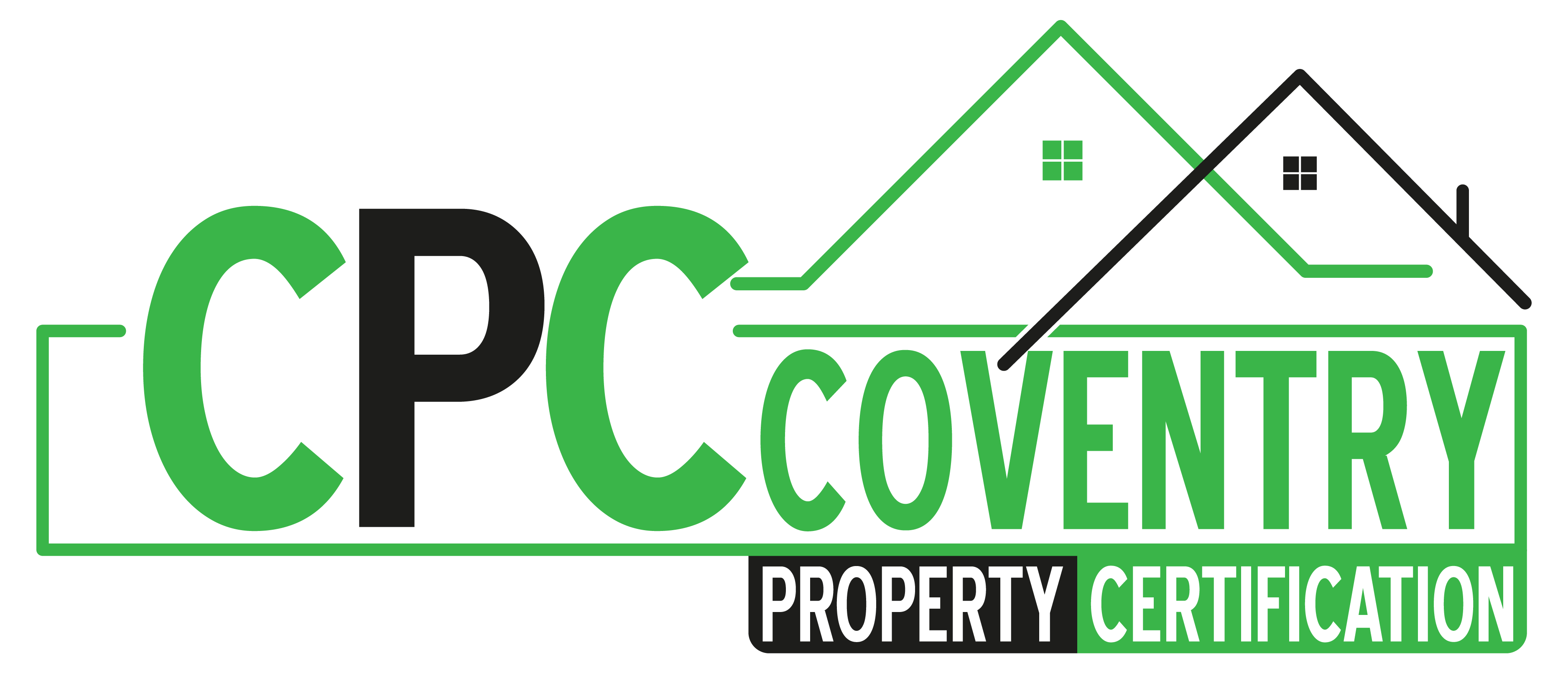- Home
- / Our Services
Sound Test (Part E)
Sound Test (Part E)
What Is a Sound Test?
A sound test is an expert evaluation that gauges how well floors and walls block sound from escaping across spaces or buildings. It evaluates how well new construction, conversions, and renovations insulate against sound.
In England and Wales, passing this test is essential to complying with Building Regulations Part E. Similar specifications are outlined in Section 5 of the Building Standards in Scotland.
You can experience delays in handover, additional expenses for corrective work, or even rejection of final clearance if your building does not satisfy the necessary requirements.
Why Is a Sound Testing Important?
Creating cozy and private rooms is the goal of a sound test, which goes beyond merely meeting legal requirements.
Poor sound insulation can result in stress, complaints, and a decrease in the value of a house.
Performing a professional test allows you to:
- Demonstrate adherence to rules
- Maintain privacy between residences.
- Prevent expensive rework
- Boost the pleasure of the occupants

Sound Test (Part E)
Types of Sound Tests

Airborne Sound Test
Evaluates the degree to which airborne sounds, such as TV, music, and conversations, are blocked by walls or floors.
A microphone captures the sound level in both the source and receiving rooms, while a loudspeaker produces sound in one.
The performance of sound insulation is determined by the difference between these values.

Impact Sound Test
Analyses how well flooring absorbs impact noise from things like footsteps and moving furniture.
Sound levels are monitored in the room below, and footsteps are simulated using a tapping machine. Thus, lower numbers indicate greater thermal efficiency.
How We Conduct a Sound Test
Our procedure is simple and effective:
Preparation Check: To make sure the place is prepared for testing, we conduct an inspection. Every wall, door, and window needs to be completely constructed or installed. A power source ought to be accessible.
Equipment Setup: We make use of sound meters, tapping machines, amplifiers, and loudspeakers that have been calibrated.
Testing Process: We create a controlled sound and take readings in both rooms for testing that are conducted in the air.
We assess the noise levels from the tapping machine in the room below in order to conduct impact tests.
Data Analysis: We contrast the findings with the requirements of Part E of the Building Regulations.
Report Delivery: Within a day, you get a thorough, readable report.
Common Reasons for Failing a Sound Test
Some buildings have minor but significant problems that cause them to fail sound tests:
- Holes or gaps in the floors and walls
- Inadequate caulking around wires and pipes
- Low-density or lightweight materials
- Sound bridging is caused by direct contact between structural elements.
Although these problems are resolvable, it is always simpler and less expensive to deal with them prior to testing.
How We Help You Pass the First Time
We offer more than just sound testing services.
During the building stage, our staff provides pre-test guidance to help you stay clear of typical blunders.
Before testing, we can examine your site to find any possible vulnerabilities.
Moreover, we ensure that your project is prepared for a successful and smooth test by collaborating closely with your architects and builders.

Sound Test (Part E)
Legal Requirements You Should Know
All new residential buildings and conversions must be tested for sound insulation in accordance with Approved Document E of the Building Regulations.
This covers homes, apartments, and rooms used for residential purposes, including accommodations for students or hotels.
Although they are uncommon, some minor developments can be eligible for pre-completion testing exemptions. Hence, checking with your local building control officer is the recommended course of action.
Sound Test (Part E)
What Happens After the Test?
We deliver a Sound Insulation Test Certificate if your building passes.This can be presented as evidence of compliance with building control. We help you with corrective action if your building fails.To minimise delays, we promptly schedule a retest after the problems have been resolved.

Book Your Sound Test Today
Avoid putting things off till the last minute. A convenient date and enough time to address any possible problems before your deadline are guaranteed when you book in advance.
The major aim of our team is to make every process easy for you so that you don’t have any kind of tension.
FAQS
A sound test evaluates how well floors and walls block out noise from adjacent rooms or buildings. It guarantees that your building satisfies Part E of the Building Regulations and offers residents comfortable living quarters.
When the property is almost finished and all the walls, flooring, doors, and windows are in place, you should schedule a sound test. Early sound testing can result in incomplete work and failure.
Depending on how many rooms or homes are being evaluated, most sound tests take one to two hours. Projects that are larger could take longer.
We offer a thorough report outlining the causes if your building fails. In order for you to pass the retest, we will also help you resolve the problems.
The number of tests needed, the type of property, and the location all affect the price. We can provide you with a prompt quote and have competitive rates.

